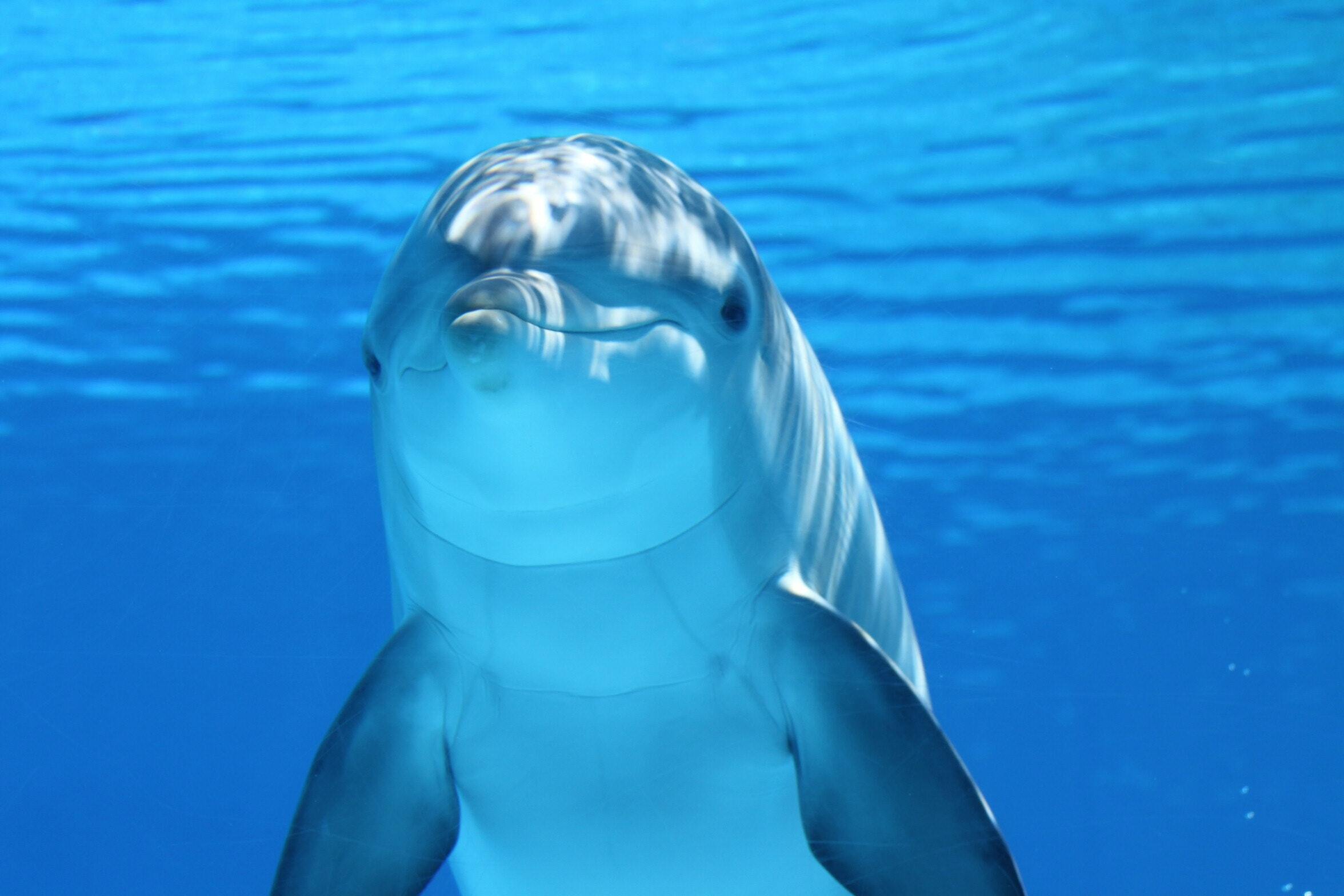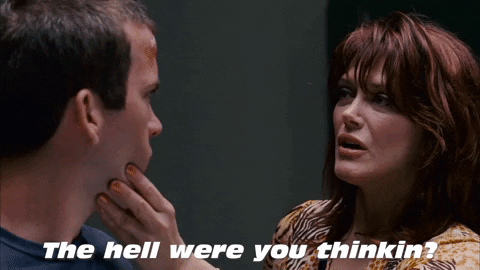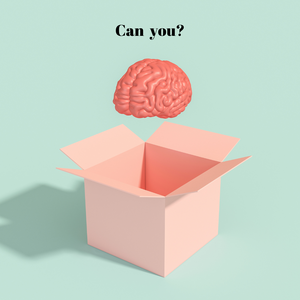The language we understand shapes the behaviors we do not.

Did you know that if you say beer can with an English accent it sounds like you're saying bacon with a Caribbean dialect?
However as cool as that might be it's not the type of language I want to talk about with you this morning.
Most of us at some point have smashed some keys into the youtube machine with something like, oh I don't know "rewire subconscious" and you probably watched some Bob Proctor and got some decent info.
Today however I want to talk deeper about how our childhood shaped our adulting. As children, we understand our environment based on relationships, this is called Attachment Theory.
Lost in Translation
It's based on the understanding that the fastest way to download information into our kiddos brains is based on taking the generational information collected from the parents and grandparents then learn from them. Those social connections are how children interpret their subjective reality.
However, the developing brain of tiny humans isn't the same as adulting brains. Adult brains have a thinking barrier, we have logic and reason centers of our brains turned on and therefore we can take calculated action. A child's brain doesn't have a fully active or developed frontal cortex where logic reason and long-term thinking occurs.
If you've ever had this moment with a child you're not alone:

I personally know it's run across my own neural networks a handful of times, today... before 8am.
The truth is that they weren't, children don't have long-term thinking available to them yet, which is why they have the longest developmental phase of any animal on the planet. We aren't fully developed until 26 years old.
Our young minds don't perceive life with thoughts like we do, they perceive it via emotions, they're open nerves of emotional experiences and anyone who's ever spent time with a 3 year old knows this to be true.
It's a blissful and absolutely challenging experience because they will absolutely lose their minds over getting pants on, full nuclear meltdown, then 15 minutes later they're over it.
So how does childhood shape our adulting life?
The experiences we learn and observe from our social connections including parents, caregivers and other close relationships help us understand social law.
For example we know it's not socially acceptable to go potty on the sidewalk, we learned this from unconscious teachings that we downloaded from our relationships.
How about the more subtle experiences of our life? Like why we develop a Fawn Response, or why we develop a self-isolation tendency when we are stressed out?
Beer Can or Bacon???
This is truly a matter of lost in translation because as children we are creating models of reality that are based not on what our parents are saying to us but how we emotionally embrace their actions.
Read that again.
We develop models of reality based on a subjective perception of our caregiver's behaviors. The child's brain is literally making sense of adult behavior to shape the understanding of how to behave.
However I'd imagine that you as an adult reading this are like, but I dont' know what I'm doing 90% of the time either.
And that's the point, as adults we perceive our lives based on how we think about something, then how we understand it emotionally.
As children, we simply observe and mirror there is no filter. So our models of reality that shape nearly all our behavior comes from guessing at what our caregivers emotionally reality is and then mirroring that emotional reality inside of ourselves thus creating a model we use as a lens to look at circumstances that match that collection of sensations.
The profoundly fun part is that because that's how developing brains are quite literally designed, children are the best at reading body language, they don't care about what you're saying they mirror how you're feeling and allow the feeling their parents have in a circumstance to fill in the gaps of how to act in those circumstances.
So if you're faking a smile, or saying "keep it positive" your kids don't care, you didn't care when you were a kid either and those behaviors you mirrored created the behaviors we have as adults.
If you're wondering how when you were a teen you swore up and down the road, you'll never be like mom or dad then in your 30's you're a little mirror of them, tada! You adapted their emotional reality at a young age and now as an adult, you unconsciously mirror those social and emotional behaviors.
HELP: SOS
Don't worry, you're not stuck, here's the simple, really simple way to make a change and modify your behavior.
Become aware. Start to create a journaling system that allows you to monitor the daily behaviors that you want to change or modify.
In doing that you'll be able to surface unconscious patterns because as Carl Jung said
"Until we make the unconscious conscious we will follow it and call it fate"
So the healing begins with understanding, creating new awareness and setting goals. What is it you actually want to change, how do you want to change it then making adjustments at the emotional level to help modify those changes.
That is how we rewire or redirect our behavioral patterns. This model is something we go over often inside of "Wired for Worthy Community" and we call it the AUIA model: Awareness, Understanding, Integration and Action.
